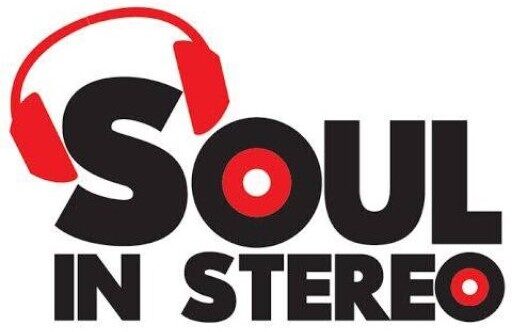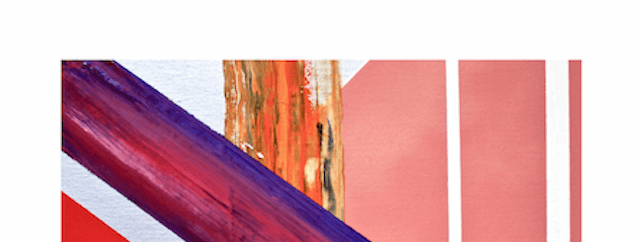Lupe Fiasco
Tetsuo & Youth (to be released January 20, 2015)
Many hip-hop heads — myself included — have had a love/hate relationship with Lupe Fiasco over the past decade.
Since the year 2000, there have only been an handful of albums I’d dare call a “classic.” Lupe’s debut album, Lupe Fiasco’s Food & Liquor, is unquestionably one of them. His follow up, Lupe Fiasco’s The Cool, was nearly as powerful, layering socially conscious rhymes over deep concepts. Both albums featured tracks that required at least a dozen listens to fully capture all the nuances.
But then, we got the embattled album Lasers. Many critics panned it at the time but it wasn’t a bad album per se, it was just a jarring left turn — a blatant attempt for mainstream attention that didn’t work out. Soon after, Lupe became more known for his mouth than his music — starting Twitter wars with fans and C-list rappers, calling the president a terrorist and seemingly getting blinded by his own hype. By the time he released the solid Food & Liquor II: The Great American Rap Album Part 1 in 2012, his conflicts overshadowed his content.
One minute he’s hip-hop’s savior, the next he’s your bitter uncle talking politics at the dinner table, blaming the world’s ills on everyone but himself.
Tetsuo & Youth finally brings balance between those two extremes. After all these years, Lupe seems to have found his voice again, using razor-sharp lyrical parables in his role as hip-hop’s foremost philosopher.
The album is divided into seasonal interludes and its content is strategically grouped together. The first third of the album explores self image; the second looks at relationships while the last third examines our environments.
Lupe opens with “Mural,” an eight-minute diatribe that might sound like verbal diarrhea to untrained ears, but you have to peel back a few layers to get to this fruit:
As I paint cold pictures like Kool-Aid facing condensation
And having conversations with flavourful combinations
Slave to my concentration
So that’s OJ The Juiceman meets OJ with two hands
And two gloves, that’s too snug
To judge who was, who drew blood
That track will wear out your rewind button.
Lupe’s his usual defiant self on “Blur My Hands” (“Victorious, you can’t match wit with warriors”) while “Dots & Lines” scrapes away at our public personas for a look at our inner selves: “If your reflection is a mask, then you’re reflective of mass/To see yourself just look at me then split your reflection in half.”
Lupe teams with frequent contributor Nikki Jean for both “Little Death” and “No Scratches.” On the former, he’s caught up in the rapture of a relationship, on the latter, he opts to bail out of lover’s lane: “Before we hit a wall, heartbreak and it crashes/Just walk away, no scratches.”
The final portion of the album is perhaps its strongest — a sobering look at the environments that breed crime. “Deliver” is a concept track worth mentioning in the same breath as “The Cool,” “Animal Pharm” and “Gotta Eat” — using pizza delivery metaphors to depict a decaying neighborhood.
Is it cause they’re selling nicks out there all day
Cause a prostitute sucking d*** in the hallway
Little Caesar’s never sending pizza out y’all way
Papa Johns never get delivered where y’all stayed
The ghetto was a physical manifestation
Of hate in a place where ethnicity determines your placement
A place that defines your station
Remind you n****s your place is the basement
Lupe teams with Ab-Soul and Tori for “They.Resurrect.Over.New.,” portraying life as a video game, or, as Soulo puts it “Trapped in a game where the trap IS the game.” But the hood’s brightest spot is “Madonna (And Other Mothers In the Hood)” — no matter how dark the circumstances, mothers are the rocks in a weary land.
As is the case for Lupe’s best albums, Tetsuo & Youth is a lot to digest on the first listen. In fact, he doesn’t make it easy. Three tracks alone run almost 10 minutes each, and others feature needlessly long outros, dragging out the listening experience. In all, it’s nearly 80 minutes music to absorb — some of y’all ain’t got that kind of patience.
Despite the length, the journey is worth the experience. Tetsuo & Youth is a return to Lupe’s glory days — a time when he made us study every verse, then go back and study ourselves.
Lupe’s back, y’all.
Best tracks: “Mural,” “Deliver,” “They.Resurrect.Over.New.”
4 stars out of 5





Leave A Reply